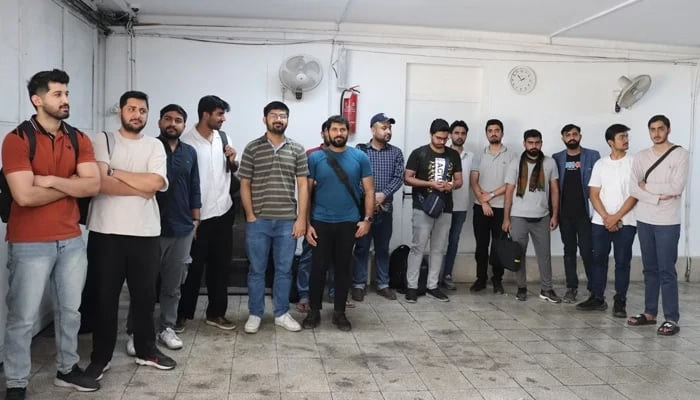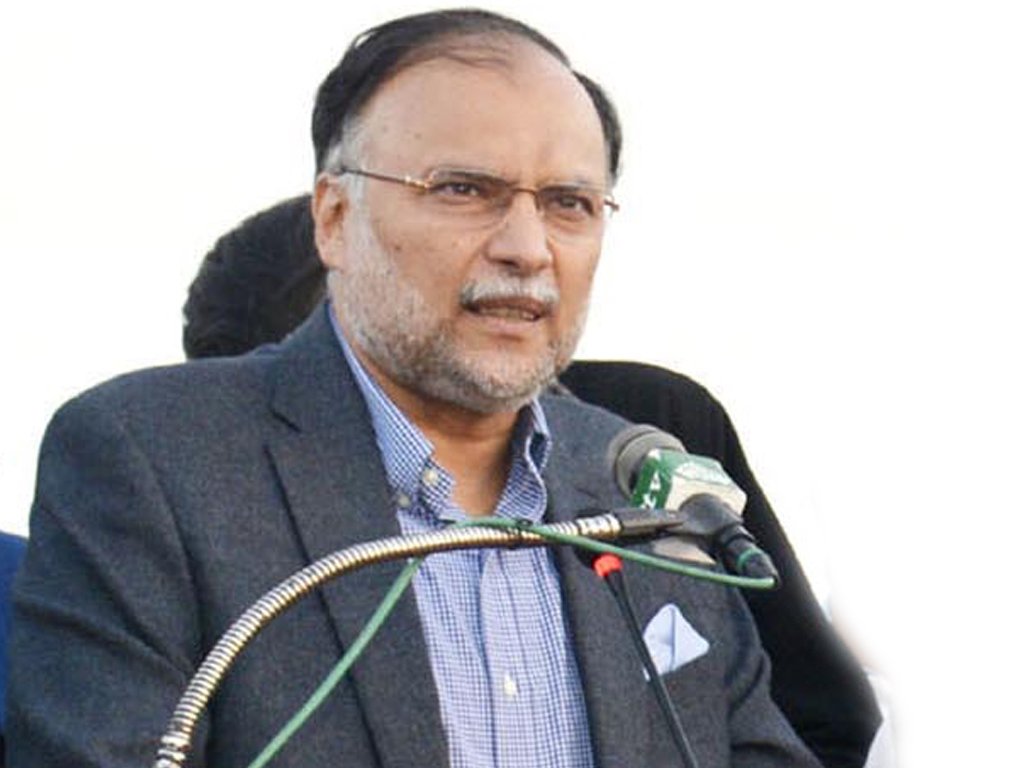The Election Commission of Pakistan (ECP) has officially declared that the upcoming general elections in the country will be held on February 11, 2024. This announcement came in response to pleas filed by various parties and individuals, including the Supreme Court Bar Association (SCBA), the Pakistan Tehreek-e-Insaf (PTI), Munir Ahmad, and Ibadur Rehman, requesting elections to take place within 90 days of the dissolution of the National Assembly.
During the court proceedings, a three-judge bench, led by Chief Justice of Pakistan (CJP) Qazi Faez Isa, Justice Aminuddin Khan, and Justice Athar Minallah, issued orders for the Election Commission to consult with President Dr. Arif Alvi regarding the election date.
Key figures in the proceedings included election commission officials, Attorney General for Pakistan Mansoor Usman Awan, PTI lawyer Ali Zafar, and Pakistan People’s Party (PPP) lawyer Farooq H. Naik, all of whom made their appearances before the Supreme Court.
Ali Zafar, representing PTI, emphasized that holding elections in accordance with the Constitution’s timeline was of paramount importance. He pointed out that Articles 58 and 224 underscore the necessity of elections for the functioning of the parliament and the enactment of laws. He highlighted the distinction between providing the election date and establishing an election schedule.
However, CJP Qazi Faez Isa noted that the request for elections within 90 days had become ineffective during the hearing. The PPP was also permitted to participate in the case as a party.
Ali Zafar argued that if the President dissolves the assembly, he must provide an election date within 90 days. When questioned about the need for the President to consult the Prime Minister before setting the date, Ali Zafar asserted that it was not mandatory, as the President had a constitutional duty to determine the date.
Justice Athar Minallah asked whether the President had already set an election date, to which Ali Zafar indicated that, in his opinion, the President had done so, but the Election Commission of Pakistan contested this authority. Justice Minallah clarified that it was the President’s responsibility to decree the date, while the government’s role was to notify it.
Ali Zafar cited an opinion from the Law Ministry suggesting that the President lacked the authority to set an election date, yet when calculating the 90-day period, the elections should have been conducted by November 7.
During the hearing, Justice Athar Minallah inquired about the delay in the President’s communication with the Election Commission, and CJP Qazi Faez Isa asked whether the President had sought the Supreme Court’s opinion. The lawyer confirmed that the President had not sought the court’s opinion.
CJP Qazi Faez Isa questioned whether the court should issue an instruction to the President to set the election date, expressing concern that the President had sought advice from others and whether the court could issue a writ against the President. He added that, according to Ali Zafar’s argument, the President possessed the authority to announce the election date. However, the court retained the authority to act if the President disagreed.
Meanwhile, various political parties reacted to the election date announcement:
- PPP senior leader Qamar Zaman Kaira expressed relief that the election date had been announced, allowing political parties to initiate their electoral campaigns.
- PML-N senior leader Muhammad Zubair welcomed the announcement as a positive development, emphasizing the clarity provided by the Constitution regarding elections.
- Jamaat-e-Islami (JI) Emir Sirajul Haq urged the Election Commission to ensure transparent elections and expressed concerns about the country’s economic hardships.
- PPP senior leader Murad Ali Shah confidently predicted that his party would win the elections and highlighted the PPP’s contributions to housing construction projects.
- PPP co-chairman and former president Asif Ali Zardari stated that the party is committed to serving the people and expressed the intent to form a government with the support of the people.



